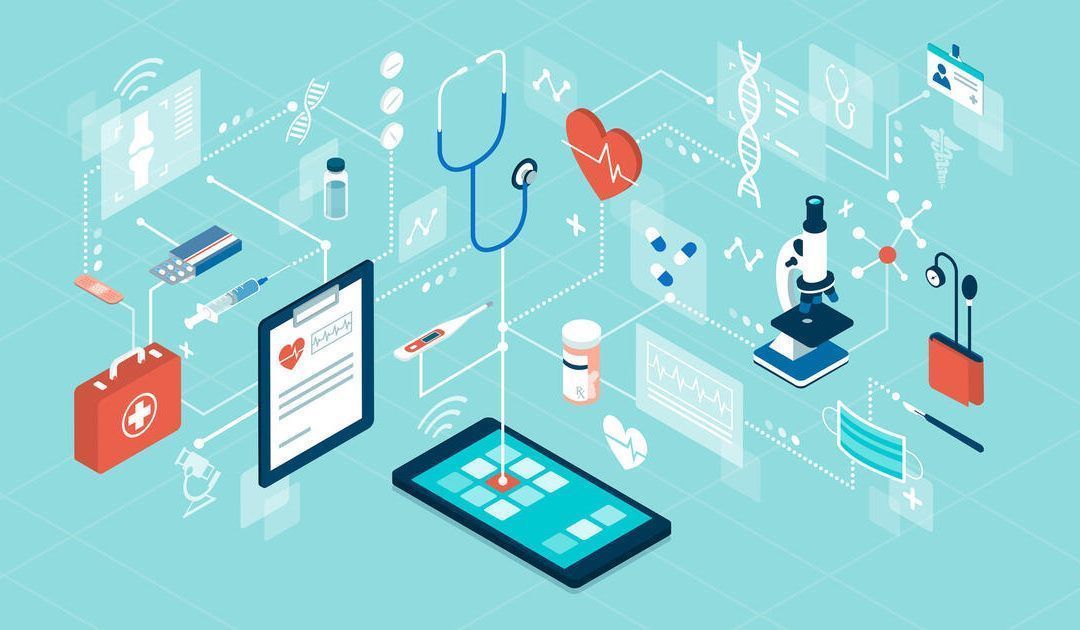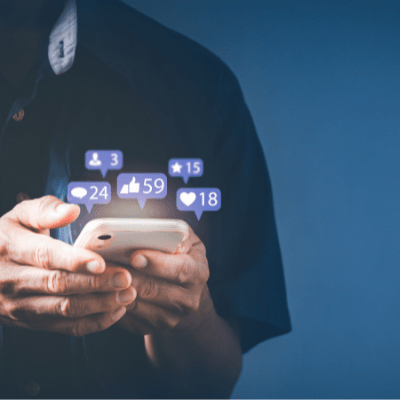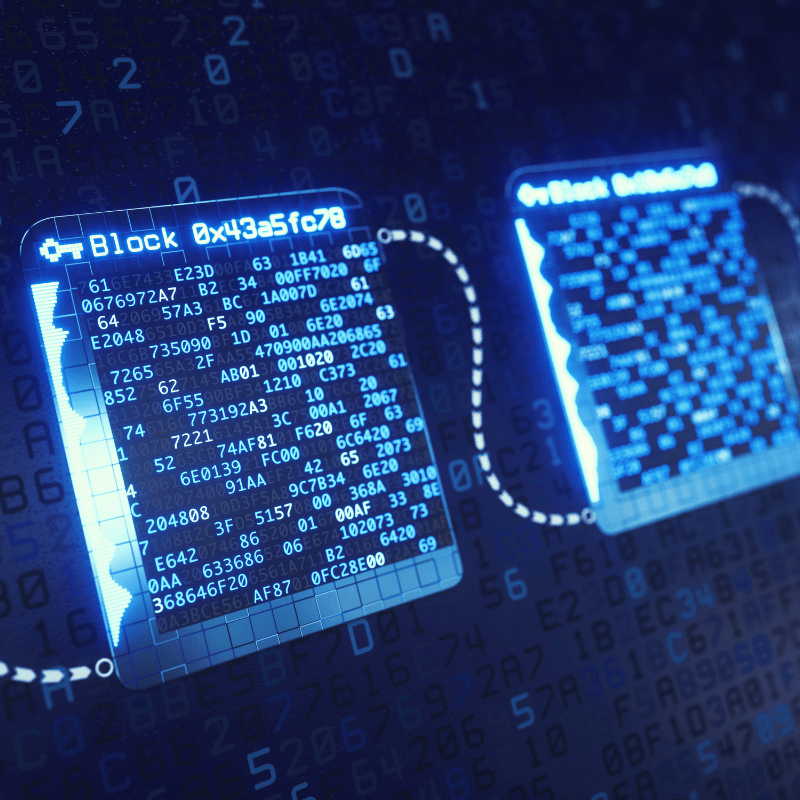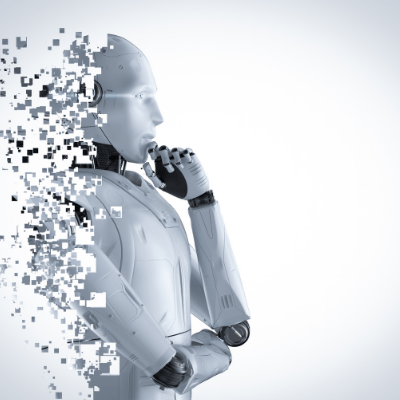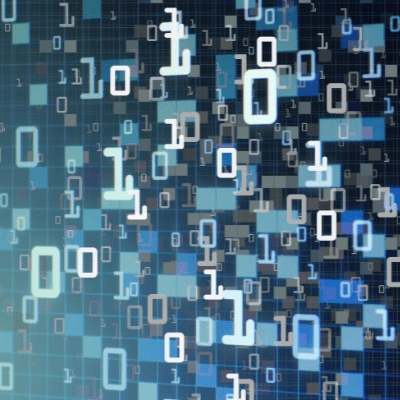This is an excerpt from the AI case studies bible. Make sure to get your copy now!
Artificial Intelligence has brought a paradigm shift to health care, especially with the availability of healthcare data and the advancement of analytical techniques, that can be applied to both structured and unstructured healthcare data. AI can be applied to achieve an early diagnosis in disease areas like neurology, cardiology, and oncology, to prevent the deterioration of patient health status. For example, Mayo clinic developed a personalized cancer care using platforms of machine learning. Buoy Health is an AI-based system that uses algorithms for diagnosing and treating diseases. The use of AI is enabling review and translation of mammograms 30 times faster with 99% accuracy, reducing the need for unnecessary biopsies.
Another application of AI in healthcare is intelligent care assistants. A chatbot listens to the symptoms and medical concerns of the patient and then directs the patient on the basis of his diagnosis to proper care. Other prominent examples include Babylon Health, and bots for mental health
Successful applications of AI in healthcare often include deep learning for application like extracting information from medical images, and Natural Language Processing (NLP) used to mine unstructured texts. The algorithms are then trained through data in healthcare before the system can assist with disease diagnosis and treatment.
Although promising, the application of AI in medical research still faces some challenges, especially around the absence of standards for assessing how safe and efficient they are. The other challenge is the exchange of data; to work properly, AI systems need continuous training with data from clinical studies, and current healthcare environments do not offer incentives for constantly sharing the data on the systems.
With the use of AI in the healthcare industry, hospital operations, the work of doctors and the lives of patients have been made easier by doing the work that would have been done by humans in a faster and cheaper way. It’s not only useful in hospital but used directly by consumer through health applications that can offer assistance without the need of a doctor. A user can live a healthier lifestyle through the use of such apps.
A report by PWC, published in 2020, is very optimistic about the future of AI in healthcare, and in multiple applications around topics such supporting decision making, research, end-of-life support, early detection and treatment.

